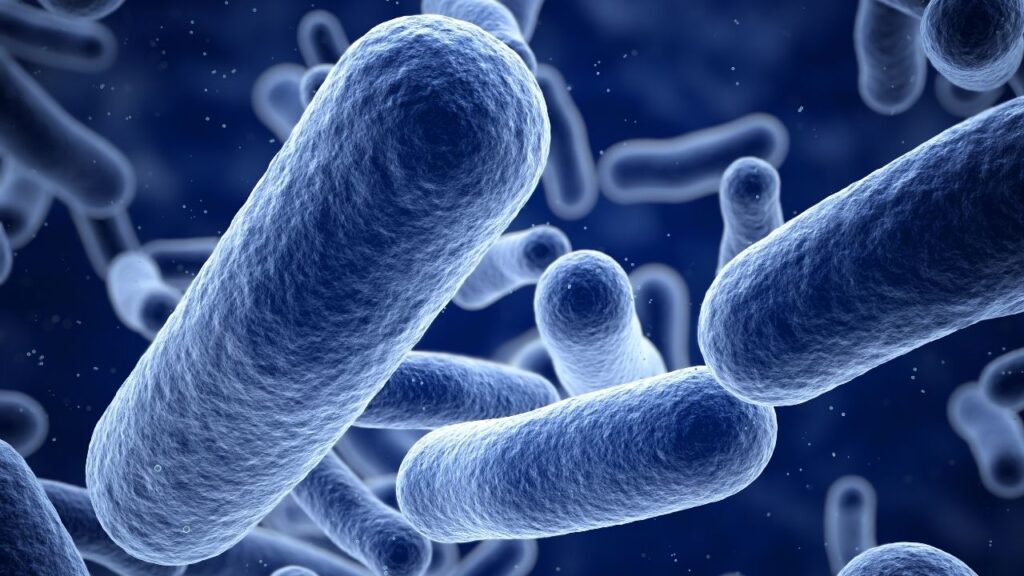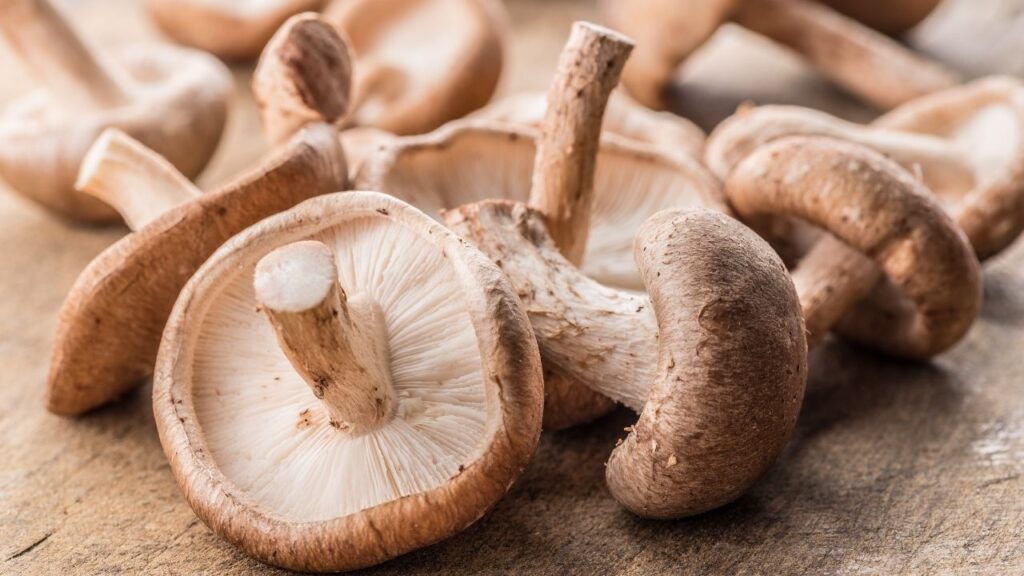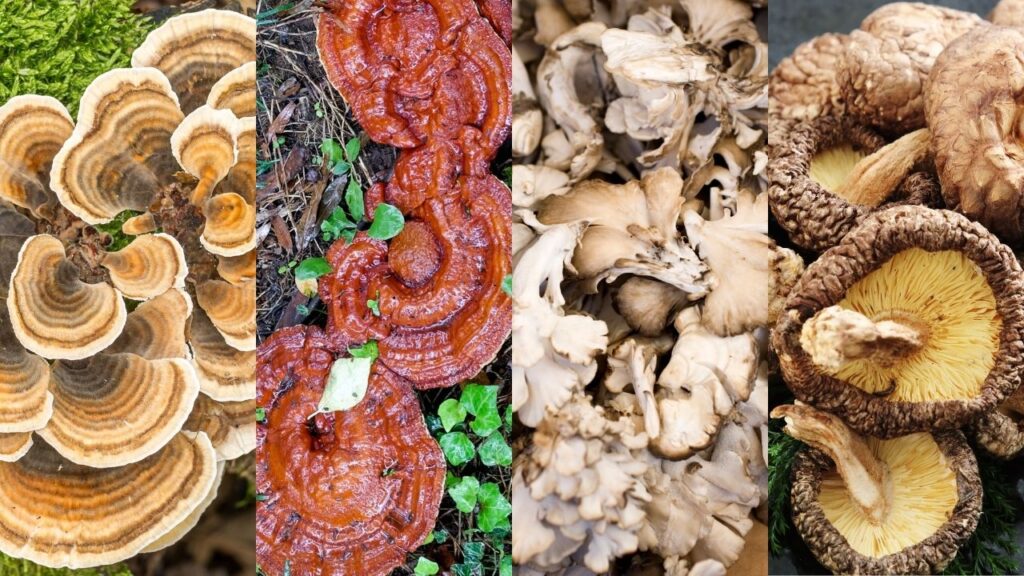Prebiotics help build and maintain healthy microorganism communities in your dog’s digestive tract to help boost their immune system.
Key Takeaways
- Your dog may need a prebiotic if she is experiencing gastrointestinal issues or taking medications that can be rough on the GI tract.
- You should give your dog prebiotics if your veterinarian is concerned about your dog’s gut health. Prebiotics can also be given any time to help support a healthy microbiome.
- Depending on your dog’s health and symptoms, you may want to give prebiotics, probiotics, or both.
- Pumpkin is a safe source of prebiotics for dogs, as are many other high-fiber foods.
What Are Prebiotics for Dogs?
Your dog’s gastrointestinal tract has a rich community of microbiota consisting of bacteria, fungi, archaea, viruses, and protozoa.1,2
The bacteria involved in this system can be beneficial (probiotics) or harmful (pathobiotics). More probiotics than pathobiotics characterize a healthy canine gut.2 One way to help give the probiotics in your dog’s gastrointestinal system a leg up is to ensure your dog is getting plenty of prebiotics, the “food” that probiotics eat.
Prebiotics are chemical compounds (found in foods!) that your dog cannot digest. Instead, they travel to the large intestine and promote probiotics’ growth and metabolites. Probiotics typically stay in your dog’s gut, while their metabolites extend beyond the gut and intestine and into the immune system.3,4
Once in the gastrointestinal tract, prebiotics ferment, causing a decrease in the pH of the colon, which promotes the growth of probiotics and helps to lower the number of pathobiotics.3
In short, prebiotics are a good thing.
Dr. Stephanie Culler discusses the microbiome in this special episode of DOG CANCER ANSWERS.
Prebiotics in the Diet
Prebiotics are found naturally in high-fiber foods safe for your dog, such as mushrooms, fermented foods, dandelion root, pumpkin, and burdock root. You may see these listed as ingredients in commercial diets, include them in a balanced homemade diet, or use them as toppers.
Many dogs can get all the prebiotics they need from their diet. If your dog could use a little more prebiotic support, (for example, after a round of antibiotics), just using food to supplement their prebiotic needs might be helpful.
By adding small amounts of a wide variety of fiber-rich veggies to your dog’s diet (a bite or two of a different veg each day in rotation), you can promote the growth of many different types of beneficial gut microbes.
These small but mighty additions to the diet would also provide myriad other phytonutrients that have health benefits. Many foods provide prebiotics:
- Mushrooms
- Fermented foods such as sauerkraut, yogurt, and kefir
- Dandelion root
- Pumpkin (not pumpkin pie filling, just plain pumpkin)
- Burdock root
- Asparagus
- Jerusalem artichoke
- Green bananas
- Apples
- Carrots
- And more!
Using food as your source, rather than focusing on only one or a few prebiotic species with one fiber source in a prebiotic supplement (see below), makes it less likely to need your veterinarian’s help or supervision. Using foods also usually avoids constipation or diarrhea (also see below).
However, food may not be able to fully meet your dog’s needs, particularly if he cannot physically eat enough. If your veterinarian determines your dog needs more prebiotics than her diet provides, or has performed a microbiome analysis and pinpointed a needed probiotic, a supplement can help deliver some high-impact prebiotics.
Evidence for Efficacy of Using a Prebiotic Supplement
Prebiotic supplements certainly appear to affect immunity and immune system function positively.
For example, a recent study evaluated the effects of prebiotics in different concentrations in healthy adult dogs. It concluded that the prebiotic galactooligosaccharide at 1.0% concentration improved the overall immunity of the dogs studied.5
While still not fully understood, research strongly suggests that your dog’s microbiota and their cancer are connected. In a study of 12 dogs with lymphoma and 21 without, the two groups had significantly different microbial communities.1 Bacterial families generally associated with gut health (Ruminococcaceae, Prevotellaceae, Erysipelotrichaceae) along with a bacterial family generally associated with modulating the immune system (Faecalbacterium) were lower in dogs with lymphoma than those without.
Regarding helping treat cancer, prebiotics reduced the incidence of mammary tumors in rats6, and feeding fructooligosaccharides to 28 female Beagles with cancer reduced cancer cell growth and resulted in a smaller proliferation zone.7
Prebiotics may also aid recovery and symptom management for dogs undergoing conventional cancer therapies like surgery. The administration of symbiotics, or both probiotics and prebiotics, reduced postoperative mortality and complication rates in canine cancer patients undergoing surgery.8
Dr. Demian Dressler offers his best suggestions for supplements for dogs with cancer in this DOG CANCER ANSWERS episode.
Common Uses of Prebiotics for Dogs
The use and efficacy of prebiotics remain understudied in dogs. However, the ability of probiotics to support the immune system, and the role of prebiotics in feeding them, make a prebiotic supplement potentially applicable to all cancer types.
More specifically, at least one study has demonstrated the efficacy of prebiotics as a treatment therapy for colon cancer in dogs.7
Safety and Side Effects
Unfortunately, many prebiotic products marketed for dogs lack proper quality control standards.9 Commercial product labels may not provide sufficient information about the prebiotics they contain or their amounts.
You should only purchase from reputable manufacturers to ensure the safety of your dog and the efficacy of the product you’re using to assist with their fight against cancer.9
The side effects of prebiotics will vary from dog to dog, but gas production is inevitable due to the natural fermentation process that prebiotics undergo.10 Stomach discomfort, signaled by rumbling and cramping, may result.10
Your veterinarian will best decide the duration of time that your dog receives probiotics. A study of dogs given a prebiotic blend reported no negative side effects for 60 days.11
Can Prebiotics Be Given with Other Supplements and Treatments?
Always consult your veterinarian before adding prebiotics to your dog’s current daily diet and treatment regimen, particularly if you seek it as an adjuvant therapy to their cancer treatment plan.
Prebiotics can be taken with conventional cancer therapies such as chemotherapy and surgery. In a research study investigating the impacts of prebiotics on recovery periods of dogs who had surgery, those who were given prebiotics recovered faster.12
Prebiotics can ease common negative effects such as diarrhea when used in conjunction with chemotherapy.
Prebiotics feed probiotics, so simultaneously supplying your dog with both may pack a powerful punch. Many commercial supplement options include both, though your dog’s needs will ultimately determine whether a focus on one of the two or the administration of both, is best.
When to Not Use Prebiotics for Dogs
Prebiotics are generally safe to use for your dog, but caution is advised for dogs that are immunocompromised.9
The labeling on the prebiotic packaging will help alert you when not to use that particular product. For example, some products state that they are safe for puppies six weeks or older, while others require that puppies be 12 weeks or older.
Packaging will also likely warn against using the product in pregnant or nursing dogs.
Be sure to check all of the ingredients that are in a commercial prebiotic. These products are typically mixtures, and you want to double-check that your dog is not allergic to any of the compounds included.
How to Give Prebiotics to Dogs
Prebiotics can be sold singularly or as a blend.
You may find that there are more prebiotic options for humans than for dogs. While human prebiotics can be given to dogs, these are less effective. Canine and human digestive systems are very different, as are the probiotics that prebiotics is meant to feed, so species-specific formulas are best.
The effective dose and dosage period of prebiotic supplements is not well known.12 Different factors such as your dog’s breed, size, age, and diet will likely influence their optimal dosage.10
One study that evaluated the effects of a prebiotic blend on 24 dogs found that the 60-day study period was insufficient to influence measurable products in feces or the immune system.11 Given the longer duration of time used in the study, it’s likely that a higher concentration may have been needed.11
Of studies that have determined influential doses of particular prebiotics, it was suggested that 4 to 8 g of fructooligosaccharides and inulin were effective.12
Figuring out the appropriate product, dose, and period will best be sorted by talking with your veterinarian and keeping them updated on any developments. For example, constipation or loose stools may indicate an incorrect dosage amount, which your vet can help remedy.9
What If I Miss a Dose?
If you miss a dose, treat it as a skipped dose and continue your dog’s regimen as normal for the next dose. Do not give your dog extra prebiotics to compensate for the skipped dose. This could be too much at once and could upset your dog’s stomach.
Storage and Handling
Storage and handling directions may vary by product, so be sure to follow its specific instructions.
For example, a powder version of a commercially available prebiotic and probiotic formula says to refrigerate it after opening or store it in a cool, dry place.
Remember that prebiotics can go bad, so follow label directions and adhere to the “Best By” date.
Our Take on Prebiotics for Dogs
The more we learn about the microbiome, the more convinced we become that a healthy microbiome has countless benefits for your dog’s well-being and longevity. Using a variety of fiber-rich foods to boost healthy probiotic populations may be a good choice in general.
Prebiotics help ensure a robust array of helpful microbiota by contributing vital nutrients necessary for probiotics to flourish. These organisms work to improve your dog’s gut health and can heighten proper immune system function.
The connection between disease and the microbiome is clear, but understanding its role in canine cancer, and how prebiotics can help, is still in its infancy.
Nevertheless, research suggests that carefully selected prebiotics from reputable companies can be a game-changer for your dog’s health when dosage amounts and timelines are optimized.
Their accessibility, ease of administration, and multiple benefits make the use of prebiotics worth a conversation with your veterinarian.
Dr. Judy Morgan explains how she approaches food and dog cancer in this episode of DOG CANCER ANSWERS.
- Gavazza A, Rossi G, Luas G, Cerquetella M, Minamoto Y, Suchodolski JS. Faecal microbiota in dogs with multicentric lymphoma. Vet Comp Onco. 2017;16:E169-E175.
- Pilla R, Suchodolski JS. The role of the canine gut microbiome and metabolome in health and gastrointestinal disease. Frontiers in Veterinary Science. 2020;6. doi:10.3389/fvets.2019.00498
- Epiphanio TMF, Santos AAF. Chapter: Small animals gut microbiome and its relationship with cancer. In: Rutland C, ed. Canine Genetics, Health and Medicine. IntechOpen;2005.
- Loo JV, Vancraeynest D. Prebiotics and animal nutrition. CRC Press; 2008.
- Guarner F, Schaafsma GJ. Probiotics. Int J Food Microbiol 1998;39(3):237-238. doi:10.1016/s0168-1605(97)00136-0.
- Sommacal HM, Bersch VP, Vitola SP, Osvaldt AB. Perioperative synbiotics decrease postoperative complications in periampullary neoplasms: a randomized, double-blind clinical trial. Nutr Cancer 2015;67(3):457-462.
- Howard MD, Kerley MS, Mann FA, Sunvold GD, Reinhart GA. Blood flow and epithelial cell proliferation of the canine colon are altered by source of dietary fiber. Vet Clin Nutr 1999;6(2):8-15.
- Rentas MF, Pedreira RS, Perini MP, et al. Galactoligosaccharide and a prebiotic blend improve colonic health and immunity of adult dogs. PLoS One. 2020;15(8):e0238006.
- Suchodolski J. Probiotic, prebiotics, synbiotics, and intestinal health of dogs and cats. The Veterinary Practice. June 20, 2020. Accessed November 21, 2022. https://todaysveterinarypractice.com/nutrition/probiotics-prebiotics-synbiotics-dogs-cats/#:~:text=Probiotics%20and%20prebiotics%20are%20generally,to%20increased%20intestinal%20gas%20production.
- Truong MH. In vitro assessment of potential health benefits of prebiotics and probiotics to the canine colon. [Master of Science thesis]. Reno, NV: University of Nevada, Reno;2005.
- Perini MP, Rentas MF, Pedreira R, et al. Duration of prebiotic intake is a key-factor for diet-induced modulation of immunity and fecal fermentation products in dogs. Microorganisms 2020;8:1916.
- Corbee RJ, Van Kerkhoven, WJS. Nutritional support of dogs and cats after surgery or illness. Open J of Vet Med 2014;4(4):45130.
Topics
Did You Find This Helpful? Share It with Your Pack!
Use the buttons to share what you learned on social media, download a PDF, print this out, or email it to your veterinarian.







